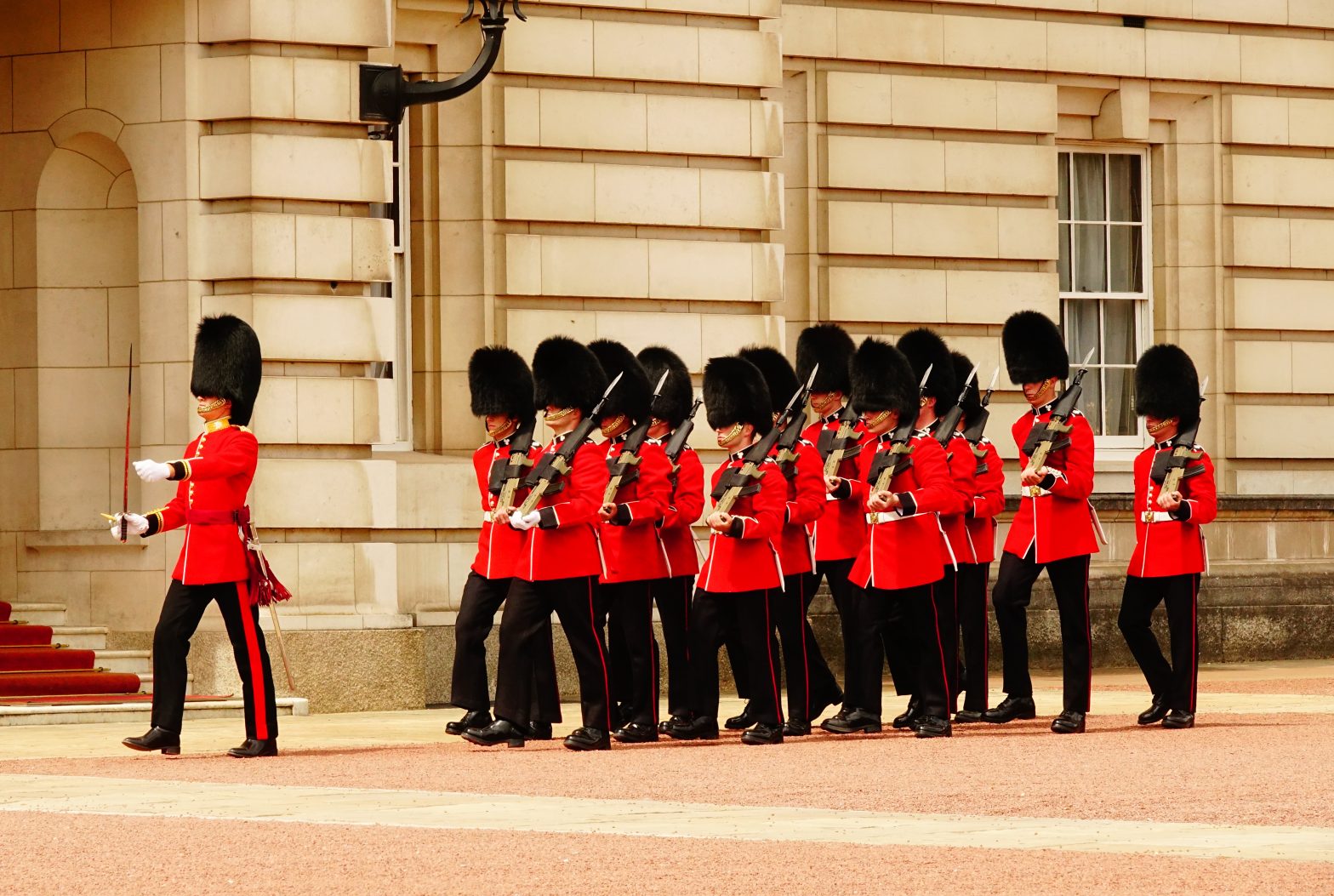Following the sad passing of Her Majesty Queen Elizabeth II, a number of the features of everyday life will begin to change. These include replacing Queen Elizabeth II with His Majesty King Charles III on all currency, changing the silhouette on stamps from Queen Elizabeth to King Charles, and, in the legal world, the Queen’s Counsel changing to the King’s Counsel.
While not of chief importance, a not insignificant matter to address is the issue of Royal Warrants addressed to companies and traders during the Queen’s long 70-year reign. Some of these companies include major household names like Cadbury, Kellogg’s and Heinz. If you’ve ever wondered why the Royal Arms of the United Kingdom appears on your box of cornflakes, then keep reading to find out why, and how this might shift with the dawn of a new King.
What is the Royal Warrant?
Royal Warrants are usually awarded because the companies granted them are official suppliers to the Queen and the royal households. It is therefore a badge of honour for companies to be able to display their Royal Warrant. You’ll know a product has a Royal Warrant because it will say “By appointment to Her Majesty the Queen” alongside the Royal Arms of the United Kingdom.
Businesses are able to qualify for a Royal Warrant by “supplying products or services on a regular and on-going basis to the Royal Households of Grantor/s for not less than five years out of the past seven.”
This means that businesses are only eligible for a Royal Warrant if they provide goods or services to the Royal Household. However, businesses that provide professional services such as newspapers, banks or veterinary services aren’t eligible.
The Royal Warrant allows a company to add a seal of approval on its products in the form of the Royal Arms of the United Kingdom. They can then use it on their marketing, commercial vehicles and in their business premises.
While the majority of Royal Warrants were granted by the Queen, not all of them were. In fact, of the roughly 800 Royal Warrants granted, 620 of these were granted by the Queen herself, 35 were granted by the late Duke of Edinburgh, and 182 by the Prince of Wales (now King Charles III).
How can companies lose a Royal Warrant?
The death of a monarch isn’t the only circumstance in which a business can lose its Royal Warrant. There are a number of reasons for which a Royal Warrant might be withdrawn from a business.
Reasons for this are listed as including:
- The quality of a product or service is not up to standard
- The product or service is no longer available or manufactured
- The goods or services are no longer required or the orders have dwindled
- The business itself stops trading
- The company goes into liquidation or declared bankrupt
- Or if there is significant change in the control or ownership of the company holding a Royal Warrant.
The withdrawal of a Royal Warrant is not an uncommon occurrence, with between 20 – 40 Royal Warrants being cancelled every year. Similarly, around the same number are also granted each year.
So, what happens now?
Officially, the 620 Royal Warrants granted by the Queen to these companies are now null and void. Despite this, there is no immediate need for the companies to take any action. This is because the warrant continues for two years after the date of the death of the grantor. In this case, the Queen. This is provided that there is no significant change of circumstances with the companies involved.
Nevertheless, these warrants will need to be reviewed by the Royal Household following the passing of the Queen. It is likely that, in addition to King Charles III remaining a grantor, the Queen Consort Camilla and the new Prince of Wales will also become grantors.
Will the appetites and tastes of the Royal Family change with the passing of the Queen? It’s quite likely! Perhaps King Charles isn’t quite as fond of Dubonet, a wine-based aperitif that was a key ingredient in the Queen’s favourite cocktail, Dubonet and gin. Likewise, it seems pretty unlikely that the handbag supplier Launer would meet the criteria of a good or service that the King requires!
While the change to companies holding Royal Warrants won’t be the most significant contrast between the Elizabethan era and the new Carolean era, it will have a consequential impact for some of the most popular brands in Britain today.
Have questions about this article? Get in touch today!
Call us on 020 7928 0276, our phone lines are open and we will be taking calls from 9:30am to 6:00pm.
Email us on info@lisaslaw.co.uk.
Use the Ask Lisa function on our website. Simply enter your details and leave a message, we will get right back to you: https://lisaslaw.co.uk/ask-question/
Or, download our free app! You can launch an enquiry, scan over documents, check progress on your case and much more!




